We were asked to visit the room of a teen aged boy who we were told was under constant supervision and was really into music – especially heavy rock and rap. We were told that he was a DJ and played the drums.
Before starting to work in hospitals my response to this request would have included a certain amount of uncertainty as to how to connect with this boy. With the limited information that we’d been given it would be easy to develop the preconception that we were going to work with some one who had very defined musical tastes and that the success of the interaction would be dependent on these some how being reflected in the music we played. I remember how closely I identified with certain bands and musical styles when I was a teenager and how easily I would write off the most adept musical performances if they failed to make the grade in terms of some (often imagined) stylistic nuance.
The temptation given the circumstance outlined above is to reach out to the person by offering them something you think they may know and be able to identify with. The danger in doing this is that you may fall so far short of the mark in comparison to what’s on their iPod that you’ll come across as a fake, or worse an embarrassment. It is important to be yourself, have confidence in what you do and to act with integrity and then this won’t happen. If you don’t feel comfortable playing a particular song or if the piece of music isn’t you then you most likely won’t be successful in offering it to someone else.
We played a song for the boy that we were comfortable with and he listened, not giving much away. Then we got chatting about instruments and music. He wasted no time in telling us what a good DJ and drummer he was and how much he could do on his instrument. He talked with a lot of bravado and his barriers were up. The stories got taller as he went on. We listened and accepted what he said and when he realized that we weren’t going to challenge any of his claims the subject of the conversation changed to “What’s in the box?”. Together, we had a look through the instruments that we had with us; a small glockenspiel, some shakers and a little xylophone and he tried some of them out. He settled on the xylophone. He had one beater and I had the other. Gradually we went from random tapping of notes to taking turns making up four beat phrases. The phrases increased in length and complexity but maintained a steady tempo. There was a lot of eye contact and after a time quite a bit of humour. This went on for about ten minutes with Nick providing backing on guitar until we came to a very musical conclusion and he said he had had enough.
It is very easy to develop pre conceptions about people. Teenagers especially are often seen as always needing to be given something ‘cool’ in order for them to engage. Actually, what they and most people seem to respond to best is something genuine. In this instance it would have been easy to assume that this boy would have had little interest in playing completely freely on a small xylophone for 10 minutes but once he had seen that we were offering him something of ourselves in a non-judgmental way he was able to drop his barriers and just play with us.
Once again I was reminded of the importance of ‘expect nothing’. As musicians in hospital it so important that we accept people as we find them, don’t judge them and expect nothing from them. That way we give them space to be themselves and leave a space for the magic to happen!






